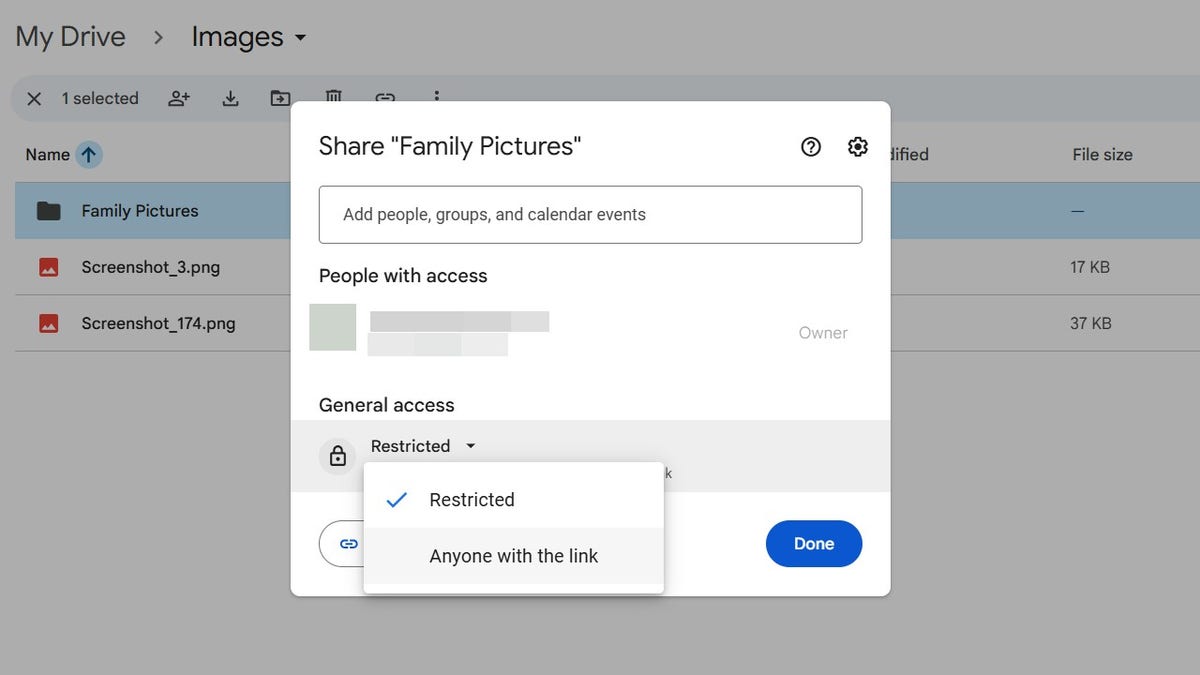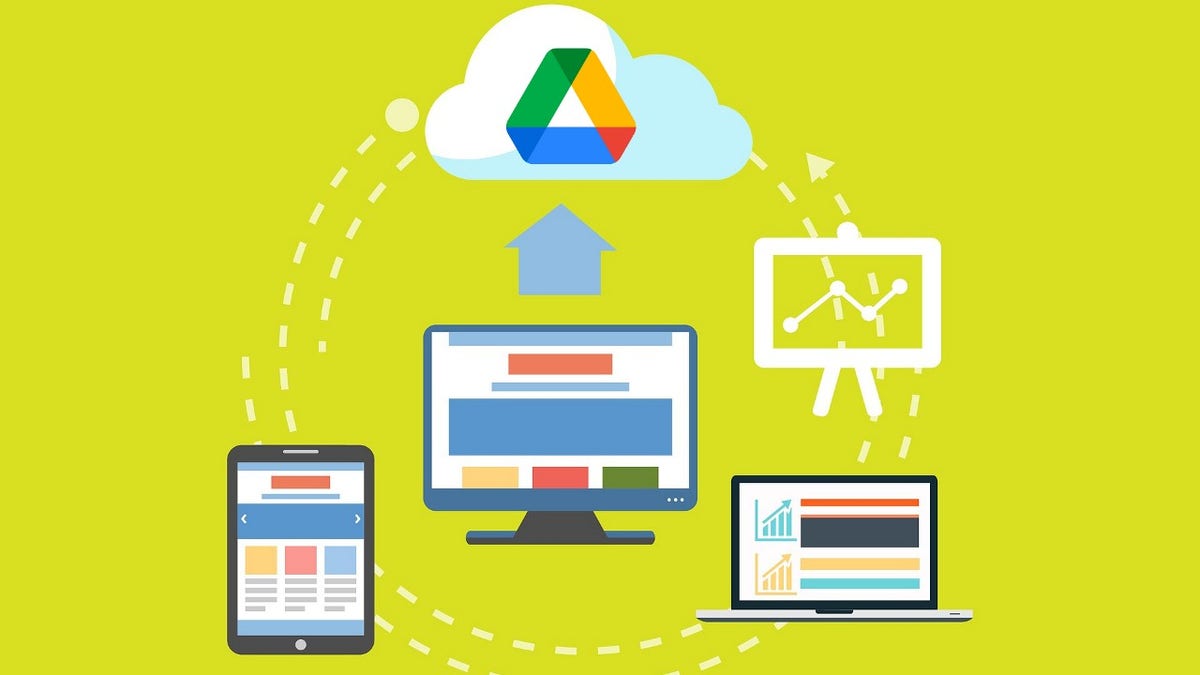NEWYou can now listen to Fox News articles!
Google Drive is one of the world’s most popular cloud storage services, trusted by millions for its convenience and integration with other Google products.
However, when considering it as a backup solution for your important data, it’s essential to weigh both its strengths and limitations. We’ll explore the pros and cons of Google Drive, focusing on security, privacy, functionality and its suitability as a backup tool.
Sign up for my FREE CyberGuy Report
Get my best tech tips, urgent security alerts, and exclusive deals delivered straight to your inbox. Plus, you’ll get instant access to my Ultimate Scam Survival Guide – free when you join my CYBERGUY.COM/NEWSLETTER
16 BILLION PASSWORDS LEAKED IN MASSIVE DATA BREACH

A phone with a Google Drive app on the homescreen (Kurt “CyberGuy” Knutsson)
Security: Strong protections, but user vigilance needed
Google Drive employs robust security measures, including 256-bit Advanced Encryption Standard (AES) for data at rest and in transit. Additionally, users can enable two-factor authentication and manage sharing permissions to protect their files. However, like all cloud services, Google Drive is not immune to security threats.
Phishing attacks targeting Google accounts remain common, and attackers may exploit weak passwords or compromised credentials. Furthermore, some third-party integrations request extensive permissions, which could be misused if not carefully managed. While Google has experienced security incidents in the past, such as the 2018 Google+ data breach, these have not directly impacted Google Drive. It’s important to note that most major cloud storage providers face similar risks, and Google provides tools to help users mitigate them.
GET FOX BUSINESS ON THE GO BY CLICKING HERE
To stay safe, you should regularly audit account access, and use strong passwords. By taking these steps, you can significantly reduce your exposure to security risks.
Privacy: Automated scanning and user control
Google Drive scans files for malware and policy violations using automated systems. While this process helps protect users, some privacy-focused individuals may feel uneasy knowing that their files are subject to automated review. Google is transparent about these practices and states that no human reviews your content unless required by law.
If you require higher levels of privacy, you can use additional client-side encryption before uploading files to Google Drive. This ensures that only you hold the decryption keys, further protecting your sensitive information.

Google Drive share settings (Kurt “CyberGuy” Knutsson)
Internet dependency: Plan for offline access
Like most cloud storage solutions, Google Drive relies on an internet connection to sync and access files. However, you can make files available offline using Google Drive’s desktop app or by enabling offline mode in your browser. Planning ahead ensures you can access important documents even during internet outages or while traveling.
WHAT IS ARTIFICIAL INTELLIGENCE (AI)?
Upload limits: Consider your backup needs
Google Drive imposes a daily upload limit of 750 GB per user. If you need to back up large amounts of data, you may find this limit restrictive, as uploads will pause once you reach the cap and resume the next day. While some competitors may not have explicit daily limits, they often enforce fair use policies or bandwidth restrictions. Be sure to compare providers based on your specific backup needs.

Illustration of devices uploading data to Google Drive in the cloud (Kurt “CyberGuy” Knutsson)
Not a dedicated backup solution, but still useful
It’s important to recognize that Google Drive is primarily designed for file storage and synchronization, not as a comprehensive backup tool. It lacks some advanced backup features, such as scheduled backups, full system image recovery, and granular file versioning for all file types. However, you can enhance its capabilities by using third-party backup software that integrates with Google Drive, allowing for more automated and reliable backups.

An image of remote servers (Kurt “CyberGuy” Knutsson)
Is Google Drive right for you?
Google Drive offers strong security, seamless integration with other Google services and generous free storage. While it has some limitations as a dedicated backup solution, it remains a reliable choice for everyday file storage, sharing and collaboration. By understanding its strengths and potential risks, and by taking proactive security measures, you can use Google Drive safely and effectively.
If you need advanced backup features or require strict privacy controls, consider supplementing Google Drive with specialized backup software or exploring alternative cloud storage providers. Ultimately, the best solution depends on your unique requirements and how you choose to manage your data.
Kurt’s key takeaways
Google Drive stands out for its convenience and integration with other Google services. However, it’s important to understand both its benefits and its limitations. With a few smart security steps and the right backup strategy, you can make the most of what Google Drive offers. Remember, the best storage solution is the one that fits your needs and gives you peace of mind.
CLICK HERE TO GET THE FOX NEWS APP
Are companies doing enough to protect your sensitive data in the cloud, or should you be demanding stronger safeguards and more transparency from your cloud storage provider? Let us know by writing us at Cyberguy.com/Contact
Sign up for my FREE CyberGuy Report
Get my best tech tips, urgent security alerts, and exclusive deals delivered straight to your inbox. Plus, you’ll get instant access to my Ultimate Scam Survival Guide – free when you join my CYBERGUY.COM/NEWSLETTER
Copyright 2025 CyberGuy.com. All rights reserved.








